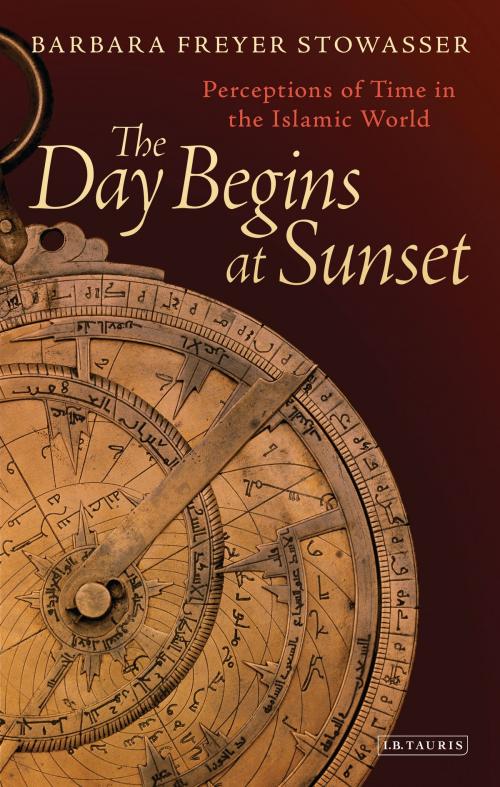The Day Begins at Sunset
Perceptions of Time in the Islamic World
Nonfiction, Religion & Spirituality, Philosophy, Social & Cultural Studies, Social Science| Author: | Barbara Freyer Stowasser | ISBN: | 9780857735546 |
| Publisher: | Bloomsbury Publishing | Publication: | May 9, 2014 |
| Imprint: | I.B. Tauris | Language: | English |
| Author: | Barbara Freyer Stowasser |
| ISBN: | 9780857735546 |
| Publisher: | Bloomsbury Publishing |
| Publication: | May 9, 2014 |
| Imprint: | I.B. Tauris |
| Language: | English |
The vision of Time in the Qur'an is that of a divine gift created for the benefit of humankind. Night and day, and the twelve lunar months of the year, are 'appointed times for the believing people'. Reading the sky for the prayers of the hour has thus for Muslims been a constant reminder of God's providence and power. In her absorbing and illuminating new book, the late Barbara Freyer Stowasser examines the various ways in which Islam has structured, ordered and measured Time. Drawing on examples from Judaism and Christianity, as well as the ancient world, the author shows that while systems of time facilitate the orderly function of vastly different civilizations, in Islam they have always been fundamental. Among other topics, she discusses the Muslim lunar calendar; the rise of the science of astronomy; the remarkable career of al-Biruni, greatest authority in Muslim perceptions of Time; and the impact of technologies like the astrolabe, Indian numerals and paper. The fullest account of the fascinating nexus between Islam and Time ever written, this is a major contribution to the wider history of ideas and religion.
The vision of Time in the Qur'an is that of a divine gift created for the benefit of humankind. Night and day, and the twelve lunar months of the year, are 'appointed times for the believing people'. Reading the sky for the prayers of the hour has thus for Muslims been a constant reminder of God's providence and power. In her absorbing and illuminating new book, the late Barbara Freyer Stowasser examines the various ways in which Islam has structured, ordered and measured Time. Drawing on examples from Judaism and Christianity, as well as the ancient world, the author shows that while systems of time facilitate the orderly function of vastly different civilizations, in Islam they have always been fundamental. Among other topics, she discusses the Muslim lunar calendar; the rise of the science of astronomy; the remarkable career of al-Biruni, greatest authority in Muslim perceptions of Time; and the impact of technologies like the astrolabe, Indian numerals and paper. The fullest account of the fascinating nexus between Islam and Time ever written, this is a major contribution to the wider history of ideas and religion.















